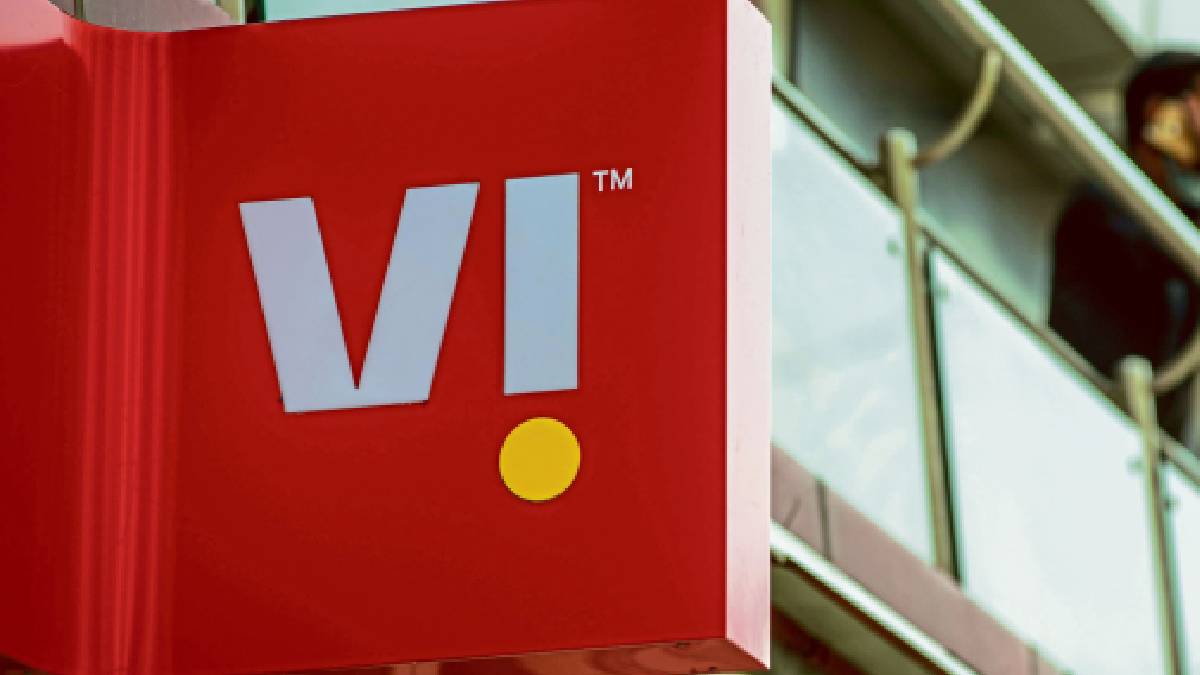
Vodafone Idea to shut down its operation post FY26 ... - India TV News
- 14 hours ago
- indiatvnews.com
- Keywords: AGR ruling, 20cr users, NCLT process, duopoly, spectrum moratorium
Vodafone Idea is struggling financially due to AGR liabilities and declining users, seeking urgent government support. The Supreme Court rejected its plea for a Rs 30,000 crore waiver, potentially forcing it to shut down after FY26. This could affect 20 crore users and reduce competition in India's telecom sector.